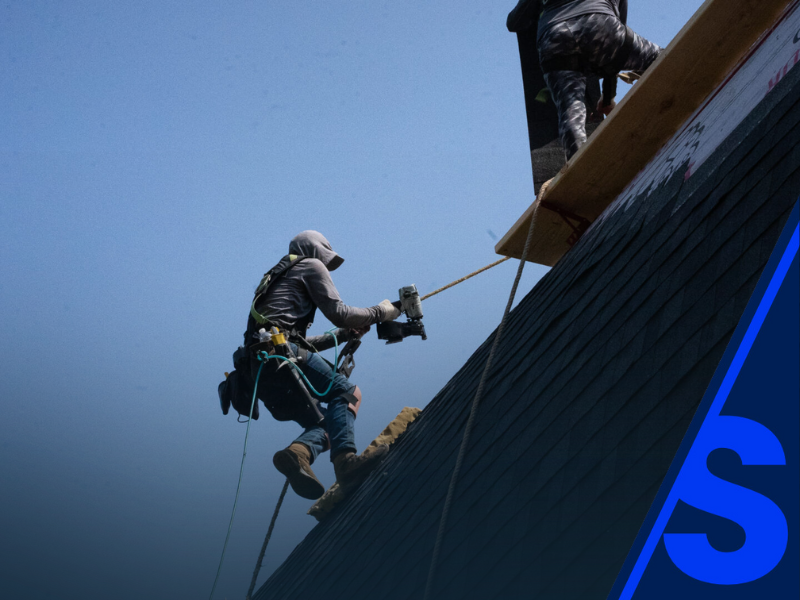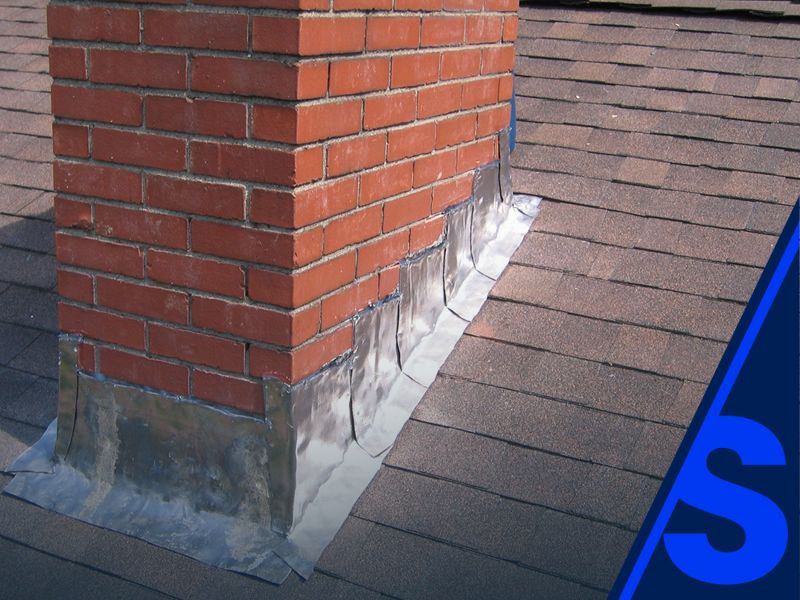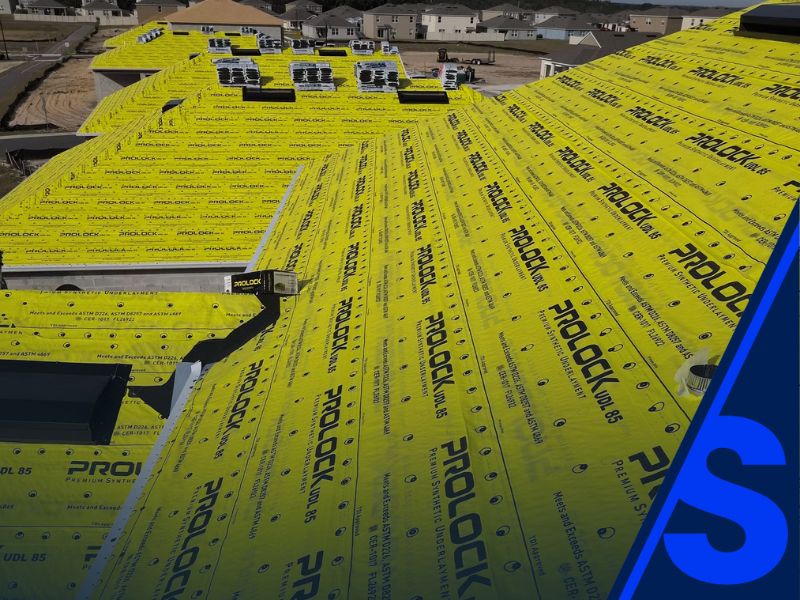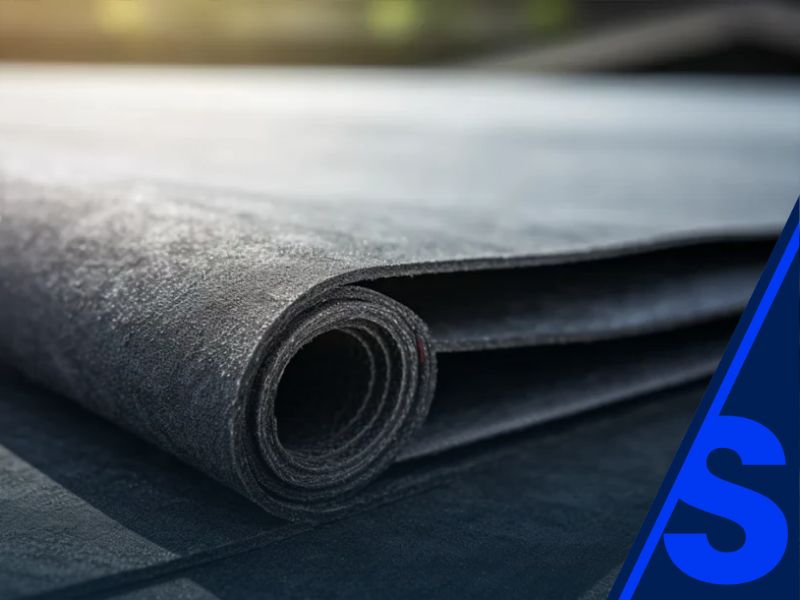Table of Contents
1. Introduction
As a home builder in Florida, one of your biggest responsibilities is ensuring the roofing systems on your properties meet state building codes—especially during storm season. With Florida’s vulnerability to hurricanes, heavy rains, and high winds, non-compliance is not just a legal risk; it’s a safety hazard.
To protect your projects and future homeowners, it’s critical to stay informed about current roofing regulations and best practices. In this guide, we break down the essential roofing rules every Florida builder should know—and why partnering with a qualified roofing contractor in Florida like CitySide Roofing ensures your developments are code-compliant, storm-ready, and built to last.
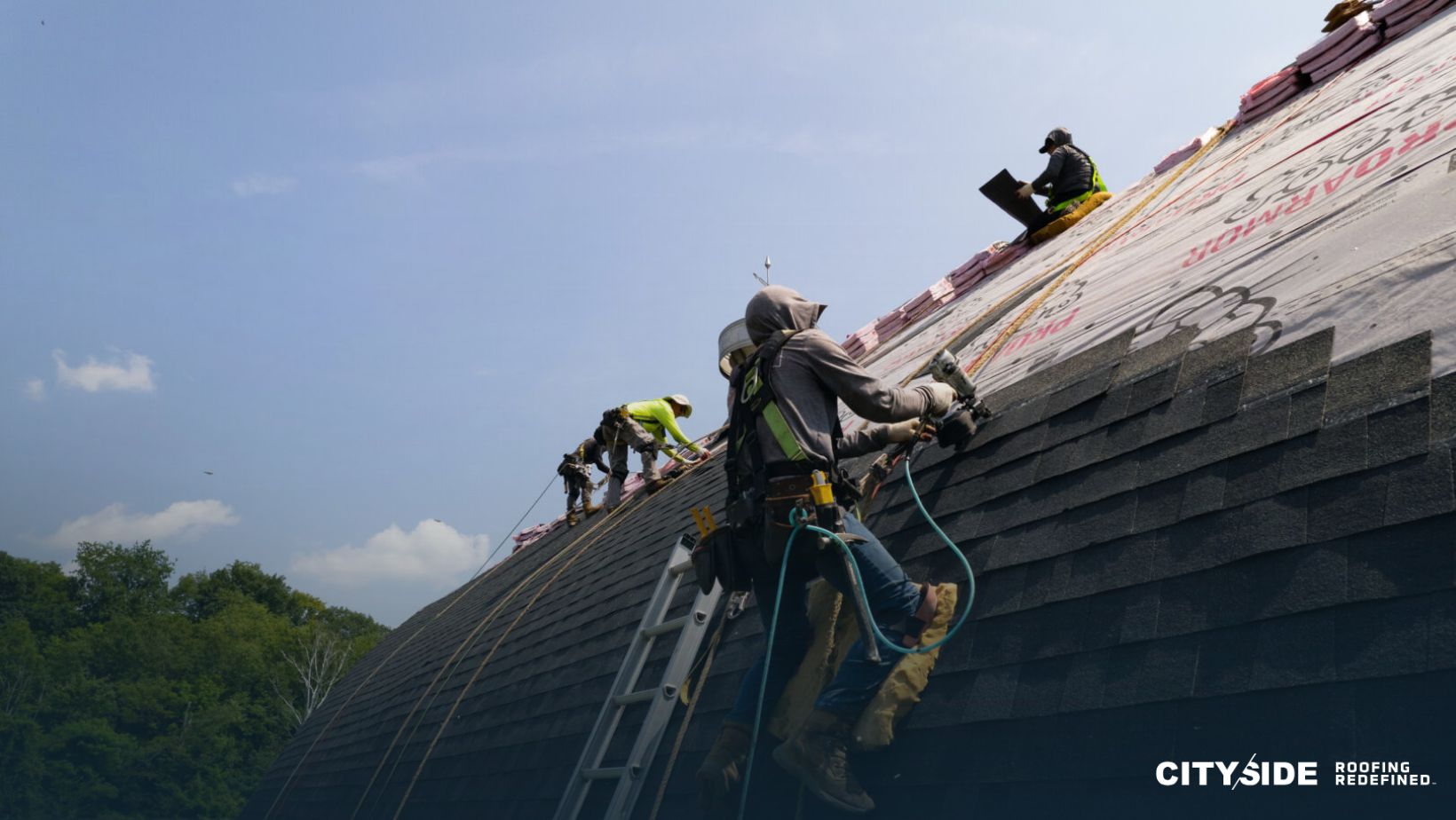
2. Why Roofing Regulations Matter in Florida
Florida’s building codes are among the strictest in the U.S., especially when it comes to roofing. The state regularly updates these regulations in response to new weather patterns, technology advancements, and lessons learned from past hurricane seasons.
Complying with Florida’s roofing codes helps home builders:
- Avoid fines, project delays, and liability
- Increase the long-term durability of the home
- Enhance property value and buyer confidence
- Reduce costly warranty claims and repairs
- Stay competitive in a high-standard market
Ultimately, Florida roofing codes are designed to keep residents safe and properties intact during the most extreme weather events.
3. Key Florida Roofing Code Requirements
3.1 Wind Resistance Standards
One of the most critical aspects of Florida roofing codes is wind resistance. Florida is divided into different wind zones, with areas near the coast requiring the highest protection.
Current building codes require roofing systems to withstand wind speeds ranging from 140 to 180+ mph, depending on your location. Builders must ensure that materials, fastening systems, and roof assemblies are engineered and tested to perform under hurricane-force winds.
CitySide Roofing uses tested, approved systems that meet or exceed these standards, making them a trusted roofing contractor in Florida for high-wind regions.
3.2 Underlayment and Secondary Water Barriers
Florida law mandates enhanced underlayment protection, especially for areas prone to wind-driven rain. These include:
- Peel-and-stick membranes over roof decking
- Double-layer underlayments for added protection
- Secondary water barriers, such as self-adhering underlayment, when using asphalt shingles
Secondary barriers reduce the risk of water intrusion if the roof covering is compromised during a storm, providing peace of mind for both builders and homeowners.
3.3 Fastener and Attachment Guidelines
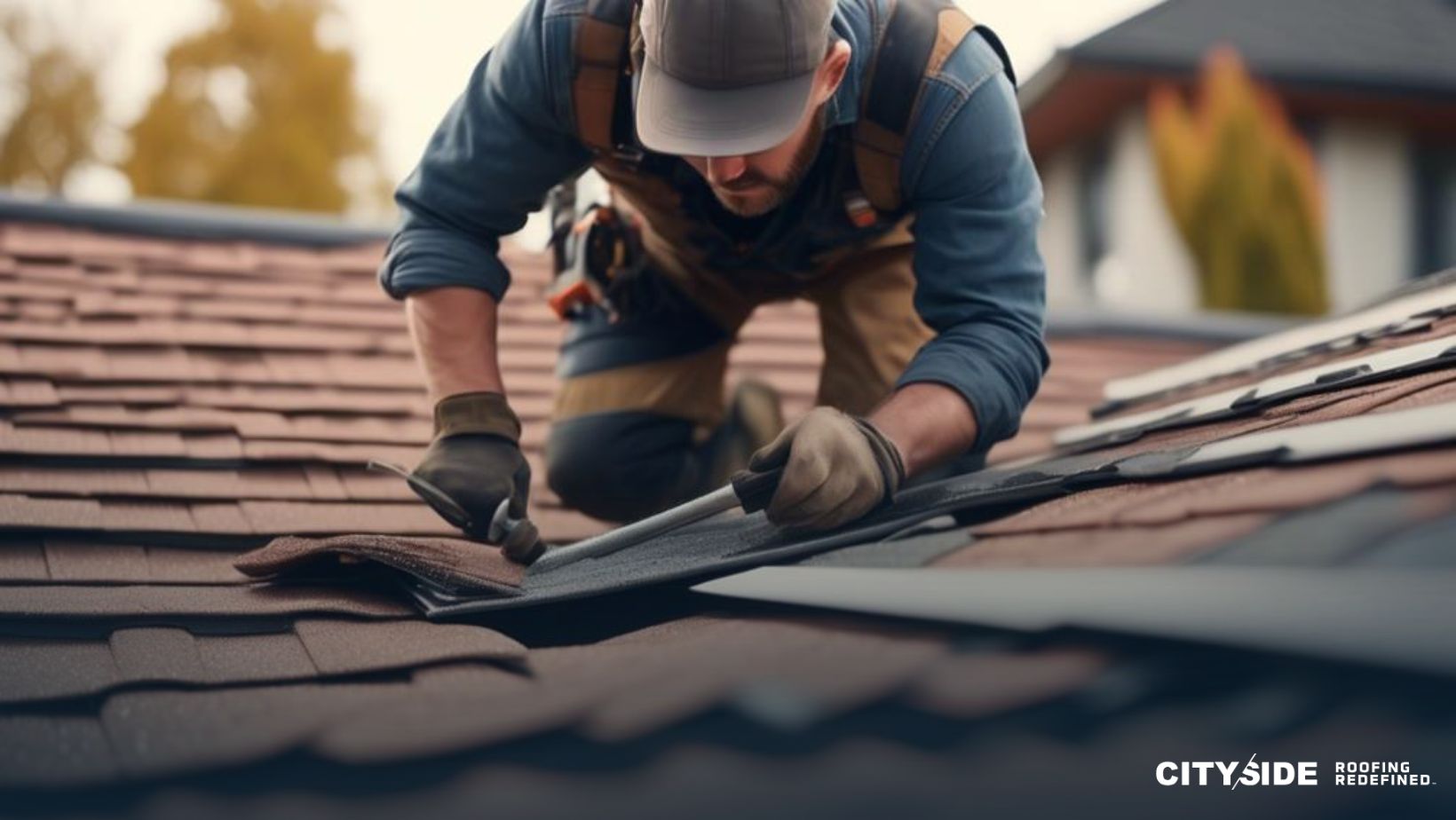
Roof components must be attached using approved fasteners and methods. For example:
- Staples are prohibited for shingle application
- Roofing nails must penetrate the sheathing at least 3/4 inch
- Ring-shank nails are required in High-Velocity Hurricane Zones (HVHZ)
These strict fastening rules increase wind uplift resistance and minimize the risk of roof failure during hurricanes. Working with a certified roofing contractor in Florida like CitySide Roofing ensures all fasteners are installed per code.
3.4 Fire and Impact Resistance
Approved roofing materials in Florida must meet fire resistance and impact resistance standards. This includes:
- Class A fire ratings for flame spread resistance
- Materials tested for hail and debris impact, especially in coastal areas
These regulations are especially important in areas where wildfires or high windborne debris are potential threats. Using durable, approved materials ensures your projects meet these risk mitigation standards.
3.5 Approved Roofing Materials for Florida Roofs
Not all roofing products are suitable for Florida’s extreme conditions. That’s why the state maintains an official list of approved roofing systems via the Florida Product Approval System.
Approved systems include:
- Asphalt shingles that pass wind uplift tests
- Metal roofing systems that meet HVHZ specs
- Flat roofing materials like TPO, EPDM, and modified bitumen for multi-family or commercial-style residential builds
CitySide Roofing uses only Florida roofs approved for the state’s conditions, ensuring builders don’t face compliance or performance issues later.
4. Preparing for Florida’s Storm Season
Storm preparation is not just about boarding windows—it starts on the rooftop. Home builders should consider these proactive measures:
- Schedule roofing installations well before hurricane season (June–November)
- Choose impact-rated shingles or metal roofs for added protection
- Install hurricane straps and clips to tie roofing components to the structure
- Conduct inspections after major weather events
Proper preparation helps you avoid costly roof failures, unhappy clients, and potential legal liabilities.
5. The Role of a Licensed Roofing Contractor in Florida
Florida law requires roofing work to be completed or supervised by a licensed contractor. Attempting to bypass this requirement could result in project delays, denied permits, or financial penalties.
A licensed roofing contractor in Florida, like CitySide Roofing, brings added value by:
- Understanding evolving state and local building codes
- Coordinating permit approvals and inspections
- Ensuring the proper use of approved materials and methods
- Helping builders design storm-resistant systems from the ground up
6. How CitySide Roofing Helps Builders Stay Compliant

As a leading provider of professional roofing services, CitySide Roofing works closely with home builders to ensure all roofing installations meet Florida’s complex requirements. Here’s what they offer:
✅ Code-Compliant Installations
CitySide Roofing is up-to-date on the latest Florida Building Code updates and ensures that all roofing projects—from shingles to underlayment—are compliant.
✅ Pre-Construction Planning
CitySide works with builders during the design phase to recommend roofing systems that align with both code and aesthetic goals.
✅ Wind and Impact-Resistant Systems
CitySide Roofing uses hurricane-tested products and methods that exceed Florida’s minimum standards, reducing post-storm maintenance and liability.
✅ Energy-Efficient Roofing
Builders can also work with CitySide Roofing to integrate cool roofs and energy-saving designs that comply with Florida’s Energy Conservation Code.
✅ Fast Project Turnarounds
Large or small, CitySide Roofing delivers high-efficiency timelines to keep your residential builds on track.
Whether you’re developing tract homes, custom residences, or large subdivisions, CitySide is the roofing contractor in Florida that ensures every roof is storm-ready and regulation-compliant.
Conclusion
Roofing regulations in Florida are complex—but for good reason. They’re designed to safeguard properties and lives against some of the most extreme weather conditions in the country. For home builders, understanding and adhering to these regulations isn’t optional—it’s essential.
From high wind resistance and underlayment requirements to material approvals and fastening protocols, every detail matters. When builders ignore or misunderstand roofing codes, they risk costly callbacks, failed inspections, and vulnerable properties.
That’s why working with a trusted, experienced roofing contractor in Florida like CitySide Roofing is one of the smartest decisions a builder can make.
Contact CitySide Roofing today to ensure your roofing systems are built to code, built to last, and built to withstand Florida’s toughest storm seasons.
Related Reading: Builder’s Guide to Wind-Resistant Roofing Systems
